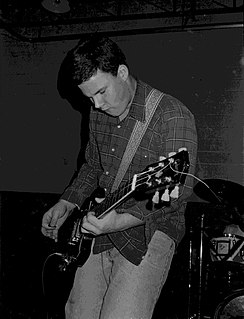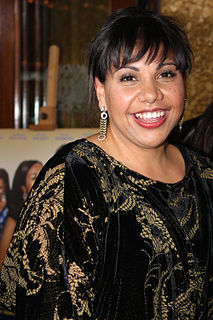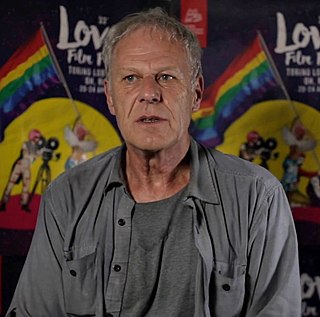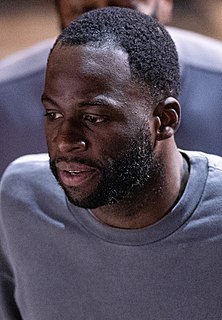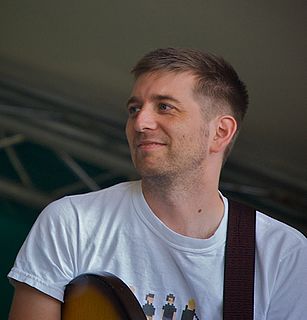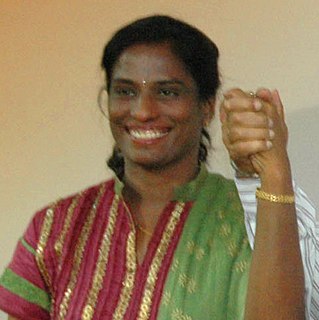A Quote by David Grubbs
I found myself thinking about the distance between the 60s and today through certain moments. Like the Henry Flynt interview with Ubuweb founder Kenny Goldsmith, where he talks about how he was scarred by how proud John Cage was to be ignorant of popular music. Goldsmith says, "Nobody thinks twice nowadays about listening to everything!" Something that had seemed so uniquely, radically syncretistic in Flynt's day seems much more commonplace now.
Quote Topics
About
Between
Cage
Certain
Commonplace
Day
Distance
Everything
Found
Founder
Had
Henry
How
Ignorant
Interview
John
Kenny
Like
Listening
Moments
More
Much
Music
Myself
Nobody
Now
Nowadays
Popular
Popular Music
Proud
Radically
Says
Seemed
Seems
Something
Talks
Thinking
Thinks
Through
Today
Twice
Uniquely
Related Quotes
Beyond that, it gets down to the nuts and bolts of discipline - not a tradition or genre, I don't care about that, actually - but discipline in the sense of just working on music and working on thinking about music. It doesn't matter if it's jazz or not. It's about how we listen, how we interact, how we guide our attention when we're listening, and how we can refine what we're doing musically.
The truth is, everything we know about America, everything Americans come to know about being American, isn't from the news. I live there. We don't go home at the end of the day and think, "Well, I really know who I am now because the Wall Street Journal says that the Stock Exchange closed at this many points." What we know about how to be who we are comes from stories. It comes from the novels, the movies, the fashion magazines. It comes from popular culture.
It's kinda ridiculous what you can't say nowadays. You really can't say anything you believe! I think it's fricking ridiculous how sensitive everyone is to everything, how much things are frowned upon. How much stuff will cost you nowadays. I think it's fricking ridiculous that we can't - there's certain topics that you can't really say how you feel about.
Ace of Spades says that this became clear to him in a revelation one night. He was watching Chris Matthews interview [Barack] Obama, and he didn't get one question! He didn't ask Obama one question about how Obamacare works. Every question was one degree or another: How do you feel about [John] Boehner opposing it? How do you feel about it? What will make you happy? Do you think you can get it? [It] was irrelevant!
I was listening to this interview with fiction writer George Saunders the other day, and he said something about how the role of a writer is to build a more detailed world. I think it applies to what Gord Downie is doing with his body of work, which is to build a more detailed world and there's something really political about that.
